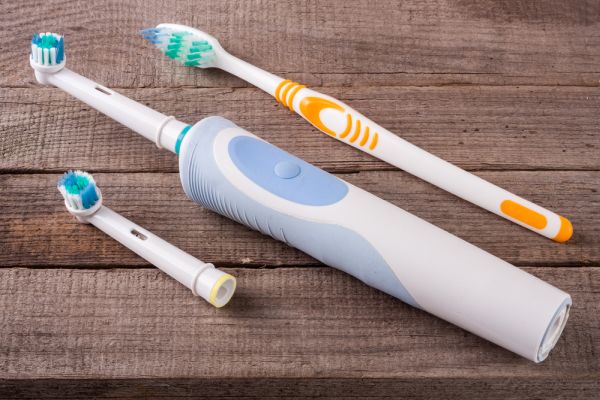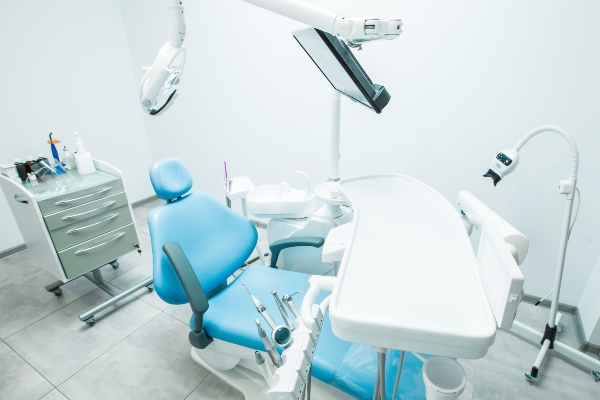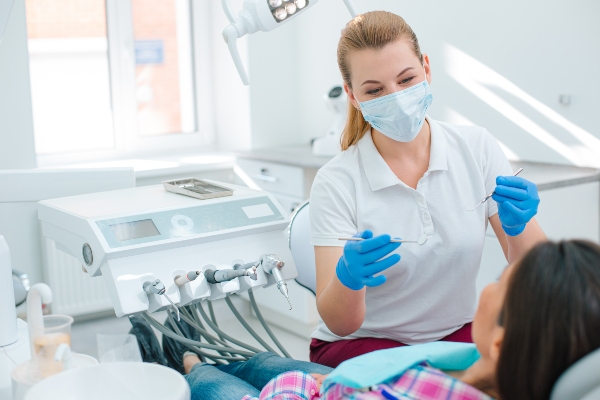How to Take Care of Your Toothbrush

Your toothbrush is your first line of defense against cavities and tooth decay because it helps to remove the plaque in your mouth and maintain strong and healthy teeth. However, most people do not properly take care of their toothbrushes, which can leave your teeth and mouth vulnerable to diseases.
If you want to learn how to maintain your toothbrush, these tips will help you take better care of your toothbrush and improve your oral health.
How to take care of your toothbrush
Replace your toothbrush often
The American Dental Association recommends replacing your toothbrush every three to four months because that is usually the amount of time it takes before the bristles start to fray. When the bristles fray, the toothbrush is not as effective as it used to be and needs to be replaced. If the bristles fray before three months, you should replace the toothbrush sooner.
If you get sick, you should replace your toothbrush when you recover from the illness because the bacteria transferred to your toothbrush when you were sick increases your chances of getting sick again.
Do not share toothbrushes
Sharing toothbrushes is something many people are guilty of, especially when they are in a relationship. Dentists recommend not sharing your toothbrush with other people because it could result in the exchange of body fluids or microorganisms between users, putting them at risk of infections.
It is important not to share your toothbrush if you have infectious diseases or a compromised immune system.
Do not cover your toothbrush
After you use your toothbrush, do not cover up the bristles or store the toothbrush in a container because doing so keeps the bristles moist and promotes microbial growth on the bristles. You should store your toothbrush in an upright position, allowing it to air dry.
If there is more than one toothbrush in the same holder, keep them separated to avoid cross-contamination.
Rinse thoroughly
After you are done using your toothbrush, make sure you rinse it thoroughly to remove the particles stuck in the bristles.
Even though toothbrushes have bacteria on them because of usage, there is no evidence that the bacteria negatively affects your health. However, if you have a phobia of germs, you can sanitize your toothbrush by soaking it in hydrogen peroxide or mouthwash, which reduces the bacteria on the bristles by up to 85 percent.
Use mouthwash before brushing
People typically use mouthwash after they brush their teeth. However, using mouthwash before you brush your teeth reduces the amount of bacteria in your mouth, which in turn reduces the amount of bacteria that is transferred to your toothbrush.
Conclusion
Properly maintaining your toothbrush is essential to your oral health and helps prevent health problems. If you need more tips on the proper way to take care of your toothbrush, talk to your dentist and learn more ways to take care of your toothbrush and improve your oral health.
Request an appointment here: https://gkdentaloffice.com or call GK Dental PC at (617) 826-6075 for an appointment in our Everett office.
Check out what others are saying about our services on Yelp: Read our Yelp reviews.
Recent Posts
An emergency dentist provides urgent care for individuals experiencing sudden dental issues that require immediate attention. Understanding what qualifies as a dental emergency can help patients determine when to seek professional help. While some dental problems may seem urgent, others can be addressed with routine care. Whether due to a sudden injury, severe pain, or…
If you have severe dental pain, an infection, or an injury, seeing an emergency dentist can give you immediate relief. However, following the recommended care instructions after professional treatment is important to ensure proper healing and avoid potential complications. Following these post-treatment guidelines can lead to a smoother recovery and better overall oral health.Following a…
Choosing a family dentist as your next dental provider is one of the best decisions you can make for every family member. However, there are multiple factors to take into account when asking questions. Here are a few potential questions to consider when searching for a family dentist.Most feel comfortable starting with questions about their…
Teeth whitening treatments are an effective way to improve the color of your teeth significantly. These treatments consist of using chemicals with bleaching properties like hydrogen carbamide or hydrogen peroxide to remove stains from the inner and outer layers of teeth.The types of stains teeth whitening treatments are effective on include the yellow stains teeth…


